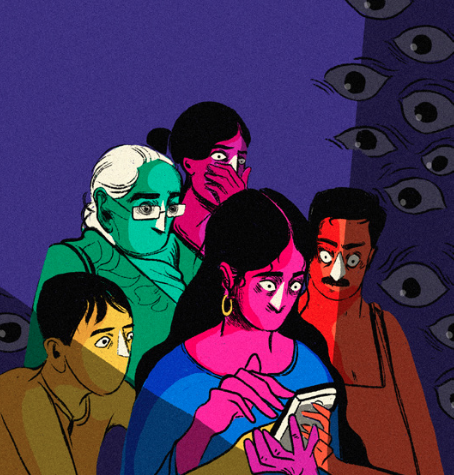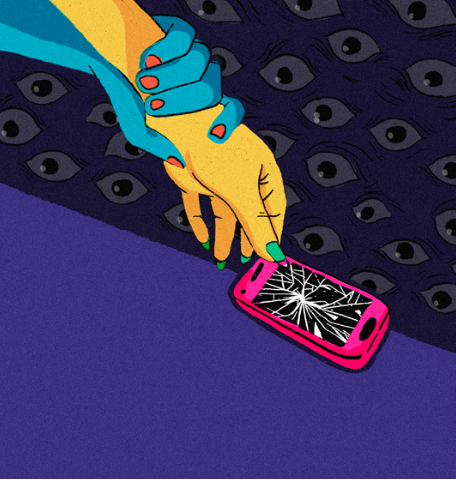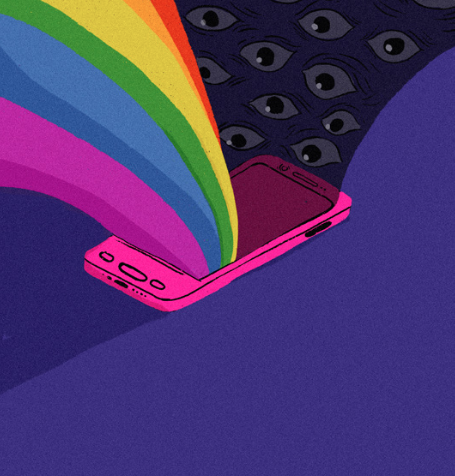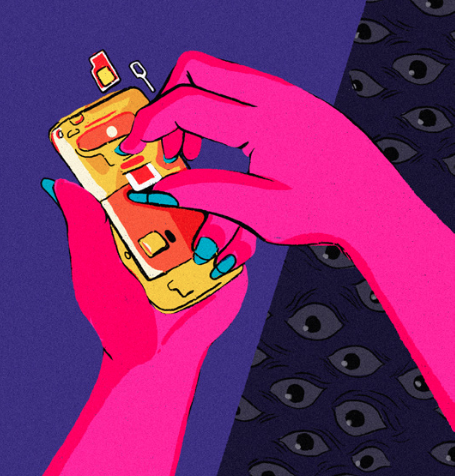Lived experiences of surveillance at the margins during COVID-19 in India
Page 2 Bishakha Datta
Point Of View

“In poorer families, there is always a shared family phone and often it is an old type of feature phone. Women who are facing domestic violence are finding it really hard to use those phones in any way to get any sort of help, even if they knew who to go to, simply because there is no privacy…”

“Women are also feeling a little nervous, even when they have the information to use helpline numbers etc., because of course, the minute you use that number, it’s recorded on your phone; if that is not your own phone, then it gets recorded on a shared phone, which means the next user or whoever essentially has access to that number and can just call it back. People are scared of leaving a trace.”

“Somebody who is queer… Inadvertently got outed within the family when somebody else picked up [answered] their phone and now that has led to a lot of complications in the family.”

“Sex workers usually have a separate SIM card for their professional use… They take out the SIM and hide it every evening… So you [sex workers] could live in a household where people know that you [they] are earning somehow, but people don’t quite know how you [they] are earning… And it’s never been revealed… The truth is that sex work is highly stigmatised… There is a fear of loss of business. Basically, they cannot function because of the lack of privacy… So, we are seeing these kinds of cases also where online/offline privacy is criss-crossing with each other.”
Translated From Hindi